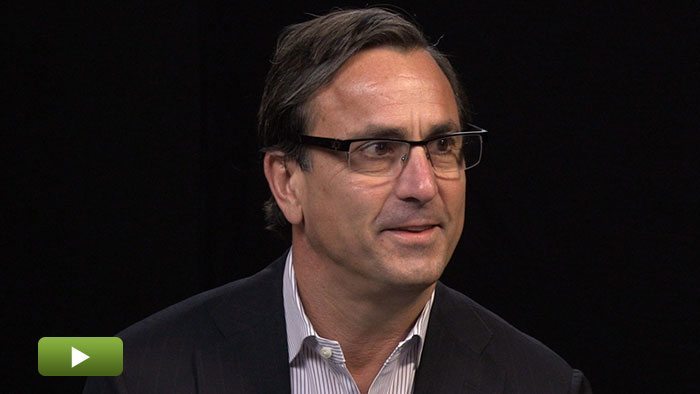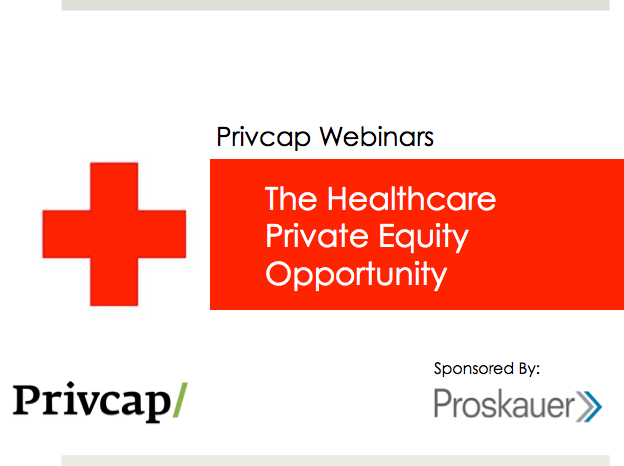Healthcare Data Deals Heavy on Homework
While some private equity investors have already done deals for healthcare data collection companies, others are just starting to look at the sector, along with many of their competitors. RSM’s Tammy Hill tells Privcap what’s required of these investments, and why some are leery of the privacy risks involved in gathering healthcare data.
Transcript Download Transcript
Healthcare Data Deals Heavy on Homework
With Tammy Hill of RSM
Andrea Heisinger, Privcap: Companies have become more focused on innovations in collecting healthcare data. And the point of doing this is to make healthcare delivery more efficient and effective. Can you describe to us what in these data platforms private equity is interested in?
Tammy Hill, RSM: If you spend any time at conferences and talking with healthcare professionals, there is a general belief and it’s…just a fact that if we could somehow harness all the data on healthcare that’s available in terms of treatments, outcomes, symptoms and all these things that, in the past, individual physicians had to deal with on a one-off basis when a patient came in. If you could somehow harness all the data that’s available based on history and get it into the hands of providers in a more efficient way, the benefits of that would be enormous. Combined with the privacy rules and all the other, more typical technological advancements, private equity investors see that need and are looking for the next big thing, if you will.
Finding it is the difficult part sometimes. Taken to an extreme, the idea that all the data we would have on outcomes, patient data, treatments and all those things to the extent that that could actually be in one place and available to all, brings up the immediate question of who would control it? The privacy rules and all the other things that could allow that data to be used in a way that society wouldn’t deem appropriate. What we’re seeing is a lot of innovators who are playing around the edges and looking for ways to do that and working with big healthcare systems. And so much has happened in the last five or 10 years. A lot of private equity players are watching that market very closely, and many who have made some investments. Early on, the types of investments that were available there were more start–up or early stage–type stuff.
The idea that we will eventually go toward that model, I think, is a given. It’s just that there are a lot of questions out there about how you get there.
Heisinger: You mentioned growth–stage companies that are doing this sort of thing. How is private equity going about looking for opportunities for investments?
Hill: A lot of our clients are making connections with people in the industry who have either been providers or data people. They use those connections as operating partners, and…just mine really what’s going on. There is a lot of gathering of information and talking with all sorts of people who are knowledgeable in the space before they even think about making an investment.
Heisinger: What are the difficulties that private equity faces in finding transactions in this area?
Hill: The biggest one is just the time that it takes. When they try to do one–off deals where they’re making private connections—that takes a lot of homework. And, to the extent that there are deals coming to market that are being shopped by an investment bank, you’re bumping up against everybody who is looking at it. And the competition is too tough. I think it’s all of those things. If you’re a little bit late to the party, so to speak, then it gets tougher.
Heisinger: You just mentioned the competition. Does private equity have a leg up in vying for these sorts of transactions?
Hill: I think some of them do. The difficulty there is the investment return they’re looking for. But, in healthcare in general, one thing that’s making it difficult for private equity is there are a lot of what we refer to as “strategic acquirers,” like big health systems and others who are looking at, in some cases, the same sectors or the same investments. It just stands to reason that because they don’t have or the strategics have a longer investment horizon than most private equity buyers do and, some would argue, a lower target rate of return as well. Sometimes it’s hard to compete on that front, too.





